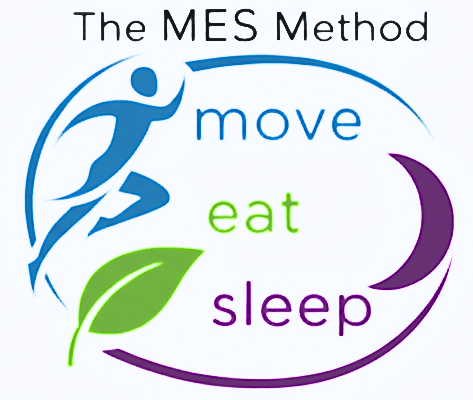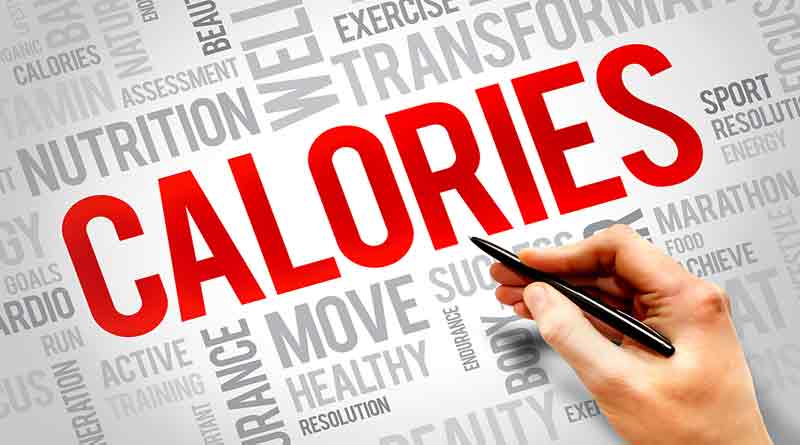Hey there, awesome to see you! Ready to make some positive changes together?
I remember when I first started my journey to lose weight. The idea of counting every single calorie felt like a massive, stressful chore. I’d spent so many years not thinking about it at all, and suddenly, it felt like I was being told to obsess over numbers. It can feel really intimidating, and if we’re not careful, it can mess with our heads.
I came across a super honest discussion on Reddit, and it’s clear I wasn’t the only one who felt this way. The thread had people sharing their genuine feelings about calorie counting, from it being a complete game-changer to it feeling like an unhealthy obsession. It got me thinking about the difference between being mindful and becoming consumed by the numbers.
This post is all about finding that healthy balance. We’ll explore the pros and cons of calorie counting based on what real people are saying and how we can use this tool effectively without it taking over our lives.
The Power of Calorie Counting: A Tool for Awareness
For many people, calorie counting is the key to finally understanding why they weren’t losing weight. It’s not about restriction; it’s about education. It’s like turning on a light in a dark room, suddenly, you can see everything clearly.
- Mindful Eating: A common theme in the thread was how counting calories helps people become more mindful of what they’re actually eating. It reveals the hidden calories in things like drinks, snacks, and even the “healthy” sauces we add to our food.
- Empowerment through Knowledge: One user pointed out that before counting, they were just guessing. After a few weeks of tracking, they had a much better idea of what a proper portion size looks like. This knowledge empowers you to make smarter choices without having to track every single day for the rest of your life.
- The “Why” Behind the Weight: Many people realized that their metabolism wasn’t “broken.” They were simply consuming more energy than they were using. Calorie counting demystifies the process of weight loss and shows you the fundamental principle: calories in vs. calories out (CICO).
The Downsides: When Tracking Becomes a Problem
While it can be incredibly helpful, there’s also a darker side. For some, calorie counting can lead to stress, anxiety, and a negative relationship with food. It’s important to recognize when a helpful tool turns into a harmful habit.
- Obsession and Stress: A few users expressed concern that counting calories can spiral into an unhealthy obsession. Instead of focusing on nutrient-dense foods, they find themselves only looking at the number, sometimes leading to disordered eating patterns. It’s easy to get caught up in the numbers and lose sight of the bigger picture: our overall health.
- The Inaccuracy Factor: The discussion also touched on the fact that calorie counts on labels and apps are not 100% exact. This can be frustrating for people who are hyper-focused on hitting a perfect number, which only adds to the stress. This is where we have to remember to trust the process and our bodies over a number on a screen.
- Mental Health Impact: Several commenters shared personal stories about how calorie counting negatively impacted their mental health, leading to anxiety around eating out or social events. This is a crucial point. Your mental wellbeing is just as important as your physical health. If something is causing you significant stress, it might not be the right approach for you.
Finding a Healthy Balance: The Middle Ground
The key takeaway from the community is that calorie counting isn’t an all-or-nothing deal. It’s a tool you can use strategically on your journey.
- Start with a Short-Term Plan: You don’t have to count calories forever. Try it for a month or two. Use that time to learn about portion sizes and the calorie content of your favorite foods. Once you have a better intuitive sense of things, you can move on to other methods.
- Focus on Nutrient-Dense Foods: Use the calorie data to guide you toward foods that give you more bang for your buck—foods that are high in protein and fiber, which keep you full longer. This is the most important part of the process.
- Listen to Your Body: Calorie counts are a guide, not a dictator. Pay attention to your body’s hunger and fullness cues. On the days you’re hungrier, eat a little more of the good stuff. If you’re not as hungry, don’t force yourself to hit a calorie target.
- Take a Break: If you feel like it’s becoming an obsession, take a break from tracking. Focus on intuitive eating and your overall habits, and come back to it later if you feel the need. It’s okay to step back and re-evaluate.
My Personal Takeaway
This discussion hits close to home for me. When I was losing weight, calorie counting was my guide, but I had to learn not to let it be my master. I used it to understand that a “healthy” smoothie I was making was actually 700+ calories because of all the added stuff! That awareness was a total game-changer. But I also learned to trust my hunger signals and prioritize feeling good over hitting a perfect number.
The journey is a marathon, not a sprint. We’re building a new, healthier relationship with food and our bodies. It’s okay if that path isn’t perfectly straight, and it’s okay if the tools you use change along the way. The most important thing is that you’re moving forward, one healthy choice at a time.

